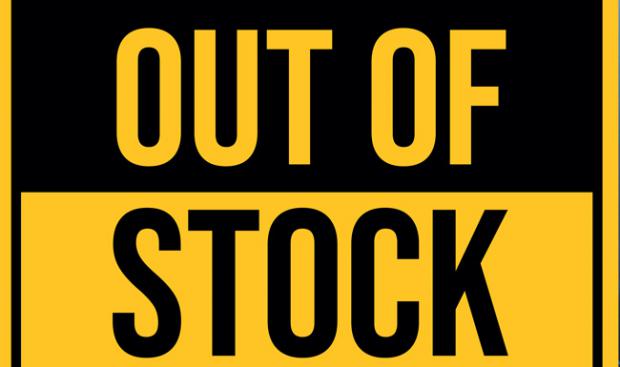
Breaking News
 Trump Admin Shuts Down Massive $66 Million Food Stamp Fraud Scheme
Trump Admin Shuts Down Massive $66 Million Food Stamp Fraud Scheme
 State Department Claims The U.S. Will Apply "Maximum Pressure" On Russia
State Department Claims The U.S. Will Apply "Maximum Pressure" On Russia
 Trump Administration Furthering Control Grid
Trump Administration Furthering Control Grid
Top Tech News
 Hydrogen Gas Blend Will Reduce Power Plant's Emissions by 75% - as it Helps Power 6 States
Hydrogen Gas Blend Will Reduce Power Plant's Emissions by 75% - as it Helps Power 6 States
 The Rise & Fall of Dome Houses: Buckminster Fuller's Geodesic Domes & Dymaxion
The Rise & Fall of Dome Houses: Buckminster Fuller's Geodesic Domes & Dymaxion
 New AI data centers will use the same electricity as 2 million homes
New AI data centers will use the same electricity as 2 million homes
 Is All of This Self-Monitoring Making Us Paranoid?
Is All of This Self-Monitoring Making Us Paranoid?
 Cavorite X7 makes history with first fan-in-wing transition flight
Cavorite X7 makes history with first fan-in-wing transition flight
 Laser-powered fusion experiment more than doubles its power output
Laser-powered fusion experiment more than doubles its power output
 Watch: Jetson's One Aircraft Just Competed in the First eVTOL Race
Watch: Jetson's One Aircraft Just Competed in the First eVTOL Race
 Cab-less truck glider leaps autonomously between road and rail
Cab-less truck glider leaps autonomously between road and rail
 Can Tesla DOJO Chips Pass Nvidia GPUs?
Can Tesla DOJO Chips Pass Nvidia GPUs?
 Iron-fortified lumber could be a greener alternative to steel beams
Iron-fortified lumber could be a greener alternative to steel beams
Living in a World of Ongoing Shortages

Shortages continue to plague not only our land but the world as a whole. Entire industries are struggling to overcome the scarcity of parts and materials, while consumers are forced to forget about finding a good deal, settling for just the things they need.
As Americans, we are so accustomed to living in a world full of plenty that we're a bit taken back by seeing store shelves that are poorly stocked. Even though our stores are better stocked right now than much of the world is accustomed to seeing, for us, it's a bit hard to accept.
Yet this situation isn't likely to change anytime soon. These are the long-term economic effects of the pandemic, which some warned about, but most of those in authority ignored. That wasn't just here in the United States either; much of the world ignored those warnings. Because the supply chain for most products snakes its way through several countries, shutting down factories in one country can have a long-lasting impact on the other side of the world.
We weren't the only country experiencing lockdowns in 2020. Some countries instituted them to a much greater extent than we did, to the point where people were going hungry because the food stores were closed. Our lockdowns were initiated in a rather selective manner, giving big businesses the advantage by calling them "essential" and their employees "essential workers." While that was done mainly to keep food on people's tables, it destroyed millions of small businesses while making the retail giants even stronger.
Now that businesses are supposedly open around the world again, we're finding out the true impact of those lockdowns. Not only did it bankrupt millions of small businesses, but it shut down small parts manufacturers, keeping them from making the parts needed by assembly plants that manufacture the products you and I use every day. Manufacturing jobs can't be done from home. And at the same time that was happening, there was a surge in the purchase of electronics, partly fueled by people working from home.
As of this writing, there are shortages of the following items:
Computer chips
Cars, including used cars and rental cars
Gasoline
Raw plastics
Truck drivers
Houses, including vacation houses
Lumber
Typical household and personal hygiene products
Furniture
Chicken, bacon, hot dogs, corn
Imported foods
Chlorine for swimming pools and fabric bleach
Labor, although the unemployment rate is currently at 5.2%
Nike shoes
School supplies
Please note that not all of these shortages exist in all areas of the country. Likewise, I'm sure that I haven't covered everything; there's a good chance of a shortage of something in your area, which I have missed in this list.

 #546: Exercise Polaris
#546: Exercise Polaris


